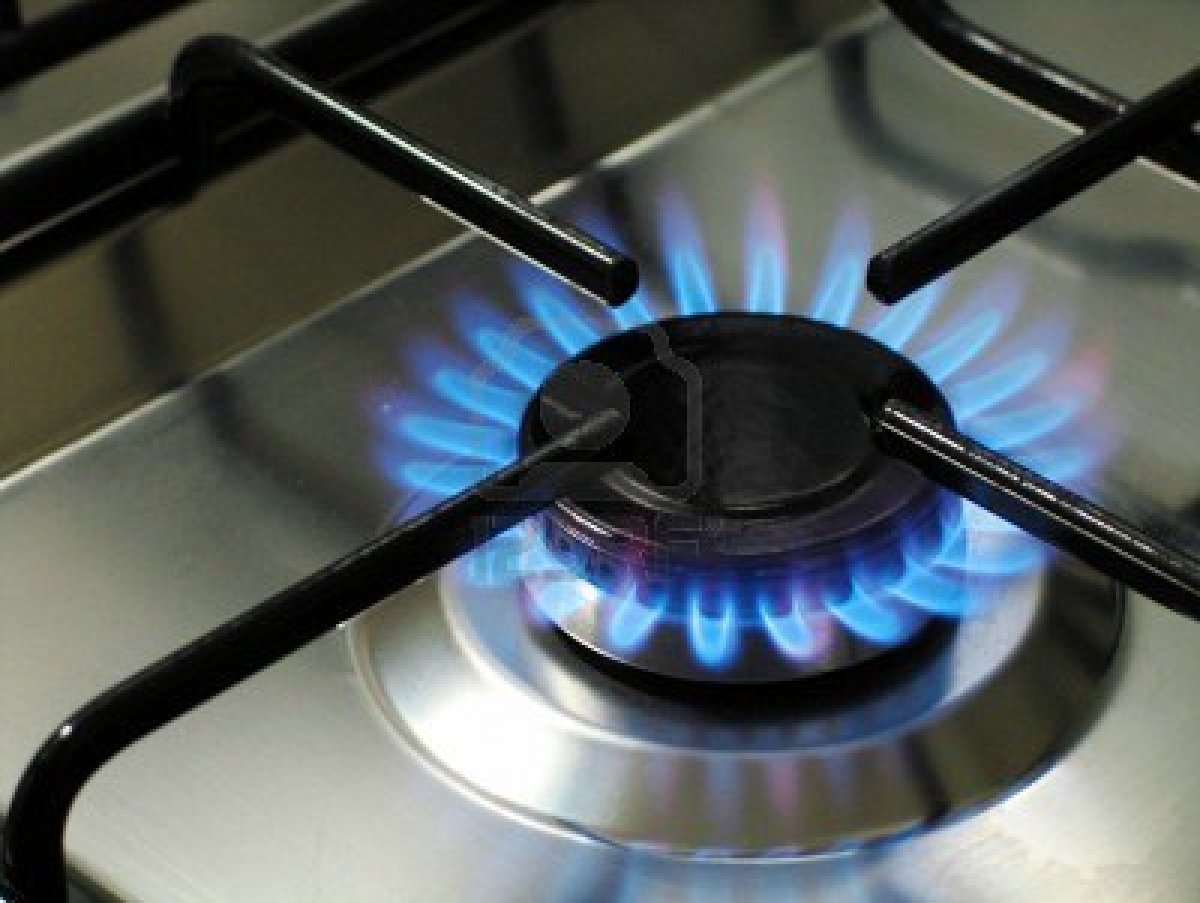The rising cost of cooking gas is taking its toll on many Nigerians as many homes have been lamenting the rising cost of the product in the country despite having one of the largest reserves of gas in the world.
Recently, the price of a 12.5kg cylinder of cooking gas jumped to over N5,000 in some parts of Lagos, drawing bitter complaints from domestic consumers who watch helplessly as inflation and other economic realities deal diminishing blows to their purchasing power.
Lamenting, a mother of four in Egbeda area of Lagos, Mrs Bolaji Esan, disclosed that she has now returned to the use of kerosene and sometimes charcoal grill to cook for her family.
READ ALSO: TotalEnergies reduces gas flaring in Nigeria by 75% in 10yrs
“At over N6,000 for a 12.5kg cylinder of LPG, cooking gas is becoming gold in Nigeria. Although kerosene is not cheap either, I can at least buy it in small portions daily to meet my needs.”
Kunle Bolaji explained that it is now getting increasingly difficult to refill gas cylinders as everything has become so expensive in the country. “We were complaining when the price of cooking gas hit N4,000. Now it has risen further and is sometimes unavailable at fuel stations. The government needs to do more to alleviate the sufferings of Nigerians.”
For Emmanuel, it is the same story. “The situation in this country is getting crazier. The government has to do something about the rising cost of commodities. Cooking gas is slipping out of the reach of the average Nigerian and this defeats all their talk on deepening LPG adoption in the country.”
Recall that in July, Nigerian Liquefied Natural Gas (NLNG) Ltd stated that it was meeting about 40 percent of the demand for the domestic LPG market with the supply of about 370,000 metric tonnes (MT) of Liquefied Petroleum Gas (LPG) to the domestic market in 2020. This is still a far cry from where Nigeria should be in terms of meeting domestic LPG demands.
READ ALSO: Digitalisation’ll boost profitability, efficiency in oil, gas sector – Minister
Meanwhile, an energy expert, Seun Okunbadejo stated that some industry players import LPG into the country relying on high parallel market dollar exchange rates that further drives up the cost of cooking gas for end-users, particularly making it unaffordable to low-income earners.
“We have lots of gas but no infrastructure around gas resources,” he stated further. “To reduce imports, adequate investments are needed. Gas suppliers are importing LPG, paying in dollars, and due to inflation this affects retail prices.

 Entertainment6 days ago
Entertainment6 days ago
 Health1 week ago
Health1 week ago
 Health4 days ago
Health4 days ago
 Football1 week ago
Football1 week ago
 Football1 week ago
Football1 week ago
 Crime5 days ago
Crime5 days ago
 Education6 days ago
Education6 days ago
 Crime1 week ago
Crime1 week ago

